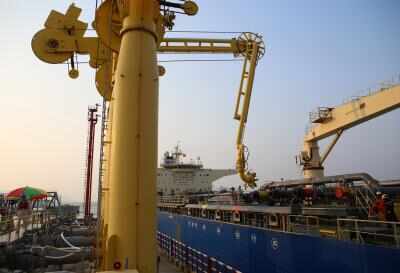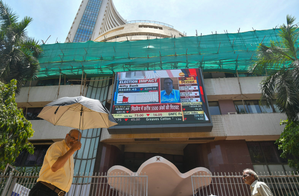New Delhi, 23 June (IANS). Oil prices reached their highest level since January this year after the US attack on nuclear bases in Iran. Iran threatened to shut down the hormuz strait, through which the global crude oil supply flows about 20 percent.
In early trade on Monday, Brent crude future rose $ 1.92 or 2.49 percent to $ 78.93 a barrel.
The US West Texas Intermediate crude rose $ 1.89 or 2.56 percent to $ 75.73.
Brent crude prices rose by 5 percent. However, prices did not stand at those levels and almost immediately reduced the initial increase.
Crude oil prices continued to rise for the third consecutive week amid rising geopolitical tension and high expected decline in US reserves.
The ongoing enmity between Israel and Iran has increased the concerns related to supply in the Middle East, which is an important area for global oil exports.
According to the US Energy Information Administration (EIA), the crude oil reserves last week declined by 11.5 million barrels, much higher than the estimated 2.3 million barrels.
The Vice President of Mehta Equities Limited, Commodities Rahul Kalnist said, “In today’s session, crude oil is supported at $ 74.20-73.40 and resistance to $ 75.65-76.20. In terms of rupee, crude oil is getting support at Rs 6,400-6,320, while resistance is at Rs 6,580-6900.”
Even though the possibility of the closure of the hormuz straw is a danger, it is important to understand that it has always been only a danger and the strand has never stopped.
VK Vijaykumar, the main investment strategist at Geojit Investment Limited, said, “The truth is that the closure of Hormuz Strait will cause the most damage to Iran and Iran’s friend China.”
Meanwhile, Union Petroleum and Natural Gas Minister Hardeep Singh Puri has removed the possibility of obstruction of oil supply to Indian consumers due to increased geopolitical tension in the Middle East due to American bombing at Iran’s nuclear sites.
Union Minister Puri said, “We have been closely monitoring the geopolitical situation developing in the Middle East for the last two weeks. Under the leadership of Prime Minister Narendra Modi, we have diversified our supply in the last few years and now a large part of our supply does not come from Hormuz Strait.”
-IANS
SKT/






